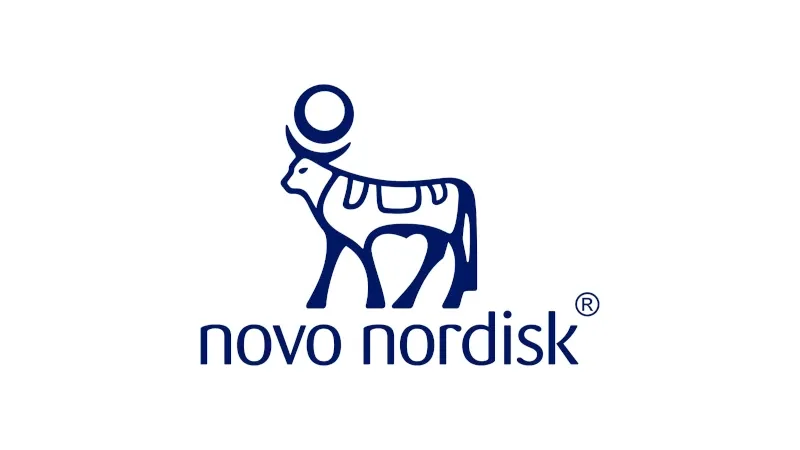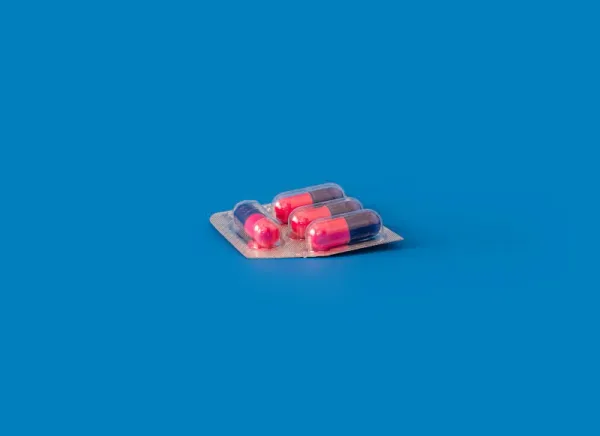Novo Nordisk licenses GLP1 drug from United BioTechnology, a Chinese research firm
Novo Nordisk licenses the right to sell a new GLP1 being developed in China -- 15% weight loss in 12 weeks (in an admittedly small study).

New formulation of GLP1 Receptor Agonists continue to proliferate – Novo Nordisk has announced a deal to acquire United Laboratories International, a chinese firm that specializes in GLP1 related weight loss research.
Check out our quick explainer
UBT is working on a GLP1 agonist called UBT251 (nicknamed "Triple G"), which has shown promising results in early research.
What are the details of the deal?
Novo Nordisk entered into a licensing deal for UBT251, which means they did not purchase the IP all together but rather have exclusive access to sell the drug – in certain countries/localities.
Want to find out how much Novo Nordisk paid, and more details about the deal? The rest of this article is no longer available for free – if you'd like to read the rest of our analysis, check us out on Substack:




